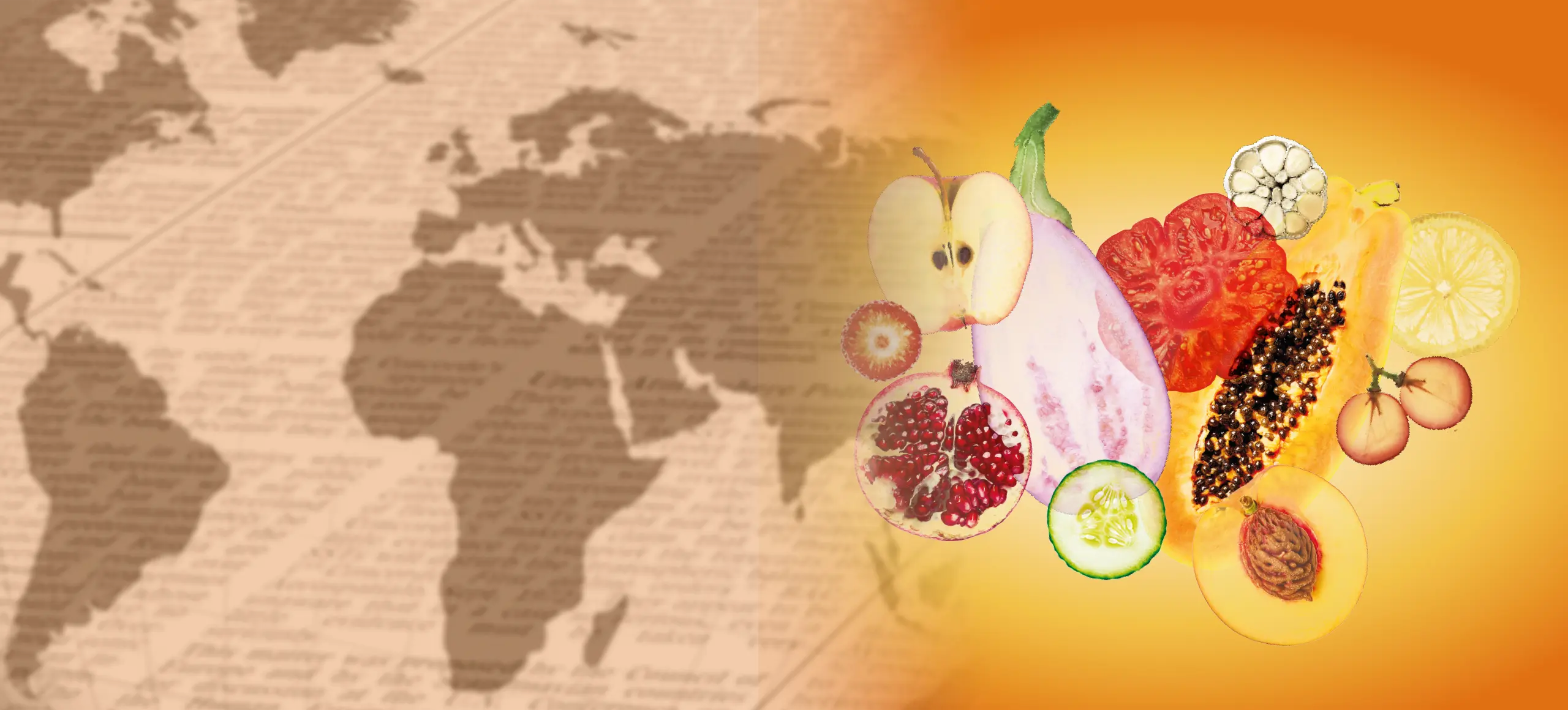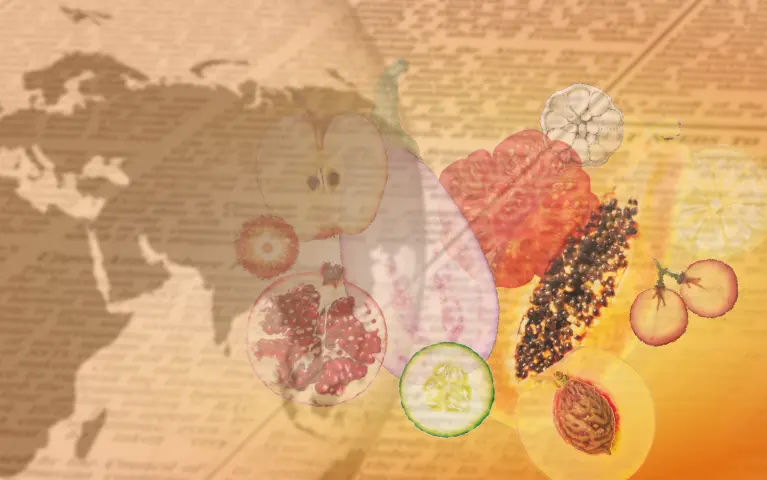

Pablo Miró, Head of Fruit and Vegetable Purchasing at Family Cash
"We support farmers from sowing to harvesting"
Alimarket Gran Consumo
In barely a decade, Family Cash has gone from managing a single hypermarket in Xátiva (Valencia) -which opened its doors in 2013- to forty with a presence in twelve provinces. And, all of this, with its own commercial concept based on three fundamental pillars: very competitive prices, a firm commitment to the manufacturer's brand and fresh products (which account for around 50% of its food catalogue). In fact, the company's retail price policy is that these are always and from the very first unit below the competition. This philosophy also extends to its fruit and vegetable section where Pablo Miró Sanjuan, Head of Purchasing, explains the key points.
Alimarket FMCG: How are the fruit and vegetable sections performing in these first months of 2023?
Pablo Miró: Very well. Although sales slowed down in February due to the lack of supply in some categories, such as vegetables, in March turnover has increased by around 18-20% on a like-for-like basis, even exceeding the good results of January. In fact, our forecasts are that the section's income will increase from the €35m it represented in 2022 to around €46m in 2023.
A.G.C.: So you are not feeling the effects of inflation?
P.M.: What we are noticing is that customers are taking much more advantage of the opportunities of the monthly leaflets, in which we put on sale a selection of fruit and vegetables at very affordable prices. Normally, the purchase of these promotional items tends to grow by around 60% and now we have doubled or even tripled sales, going from dispatching between 7/8 pallets a day to around twenty.
A.G.C.: Affordable prices is one of the company's hallmarks. How do you manage to transfer this maxim to the fruit and vegetable world?
P.M.: There are various factors, although the most important one is that we consider the section as a whole, a group in which some margins are very tight, knowing that we compensate them with larger margins in categories with greater added value. Moreover, we work directly with the producers, without intermediaries and without rappels, so we have more room for manoeuvre. So, depending on the category, we can negotiate a fixed price for the whole year; an "almost closed" price; or even one in three different tranches, as in the case of courgettes or potatoes. On other occasions, we prefer to close quantity and not price, to ensure supply, for example, with melons and watermelons. In addition, we are always on the lookout for "opportunities" and, when they present themselves, we are very agile: within a day the merchandise is available in the shop. We have 80 suppliers and they always have something on offer.
A.G.C.: Working directly with the farmer is another of your pillars, what steps are you taking in this sense?
P.M.: One of our objectives is to achieve as many direct collaborations as we can with new farmers, who we support from sowing to harvesting. The model to follow is the alliance we have with a farmer from Almeria, in Gandía (Valencia), where we have a 50% rented farm where this grower grows, exclusively for us, courgette, watermelon and melon and which we have recently extended to other categories such as tomatoes. We have also just signed a couple more agreements with two growers from Castille-La Mancha: one for the cultivation of black and striped watermelon and piel de sapo melon and the other for pumpkin (violin and totanera).
A.G.C. What role does logistics play?
P.M.: For us, logistics is key because it helps us to control costs which, in turn, means we can offer better prices to our clients. To this end, we work with the company Giltrans Llutxent, with which we carry out our internal operations and which allows us to optimise routes, delivery schedules, unloading, etc. For example, after delivering orders to the shops, our lorries take advantage of the returns to reload goods in the suppliers' warehouses, avoiding the inefficiency of empty journeys. Sometimes, even from the suppliers' own warehouses, these trucks return directly to the hypermarkets, without passing through our central platform. The same happens with the local product (km 0) which is also dispatched directly to the hypermarkets. This saves kilometres and fuel. Eighty percent of melon and watermelon deliveries are made using this system.
A.G.C.: What are your most immediate plans?
P.M.: The most immediate would be the introduction of the first ecological products on our shelves which, in principle, will be available during the month of May. There will be a total of between 25 and 30 basic fruit and vegetables (apples, pears, tomatoes, garlic, onions, etc.), on sale in tray format and together in a specific module within the refrigerated display. At the same time, we are going to launch a "savings line" -which will have an identifying label- in which we will include the "netted" vegetables and "bagged" fruit that we already sell in our shops at a lower price than bulk. These are foods whose external appearance is not perfect but whose organoleptic qualities remain intact. As part of this idea, we are also continuing with the plan to set up what we call a "green room" in our central facilities, although for the moment we have not been able to implement it due to lack of space. The aim is to install a grading machine with which we ourselves will classify and pack the fruit and vegetables which will then be sold in the shops in bulk or "netted", depending on the characteristics of each piece.






